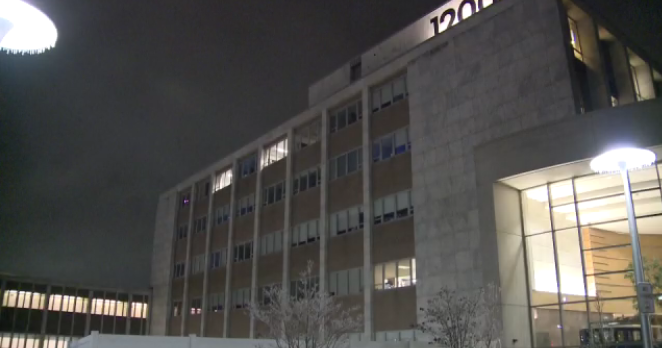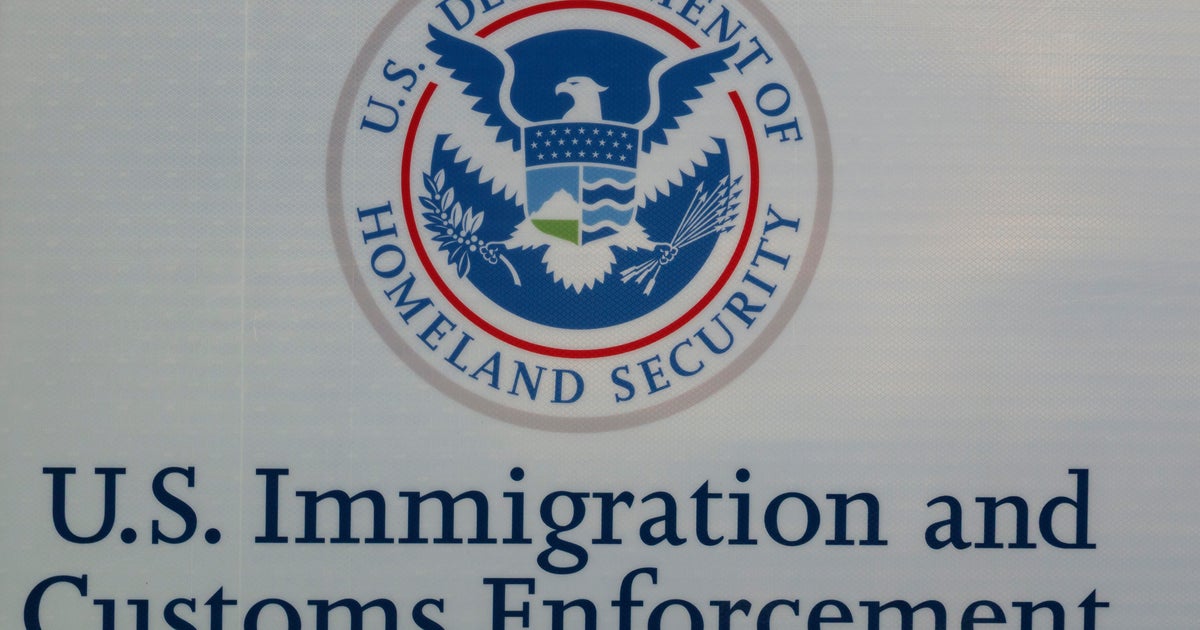Longtime Kansas City Chiefs cheerleader Krystal Anderson dies after giving birth
A longtime Kansas City Chiefs cheerleader who was passionate about women's health died after giving birth.
Krystal Lakeshia Anderson died shortly after giving birth to her daughter, Charlotte Willow, who was stillborn, according to an obituary.
A GoFundMe established to cover Anderson's medical expenses, memorial services and establish a "legacy fund" said that Anderson, 40, had been diagnosed with sepsis during her pregnancy. According to the GoFundMe, Anderson "sought out hospitalization during her 21st week of pregnancy." After delivering her daughter, Anderson experienced organ failure and was placed on life support. She underwent three surgeries "but the source of infection remained elusive," the GoFundMe said. Anderson died on March 20.
Anderson is survived by her husband, Clayton William Anderson, her parents, and several other family members, according to the obituary. She was preceded in death by her infant son, James Charles.
Anderson cheered for the Chiefs for the 2006-2011 seasons, and again for the 2013-2016 seasons, the cheerleading team said in a social media post. The squad said that she attended the Pro Bowl in 2015 and visited troops in the U.S., Iraq and Kuwait. Anderson also served the team in an alumni role even after she left the cheerleading team.
"She was loved and adored by her teammates, fans, and strangers who were never strangers for long," the team said on social media.
Anderson also worked at Oracle Health as a software engineer, where she made "significant contributions to improving healthcare," according to the obituary. She was awarded a patent for developing software that assesses the risk of postpartum hemorrhage. Anderson also advocated for Black women in STEM and for women's health.
Anderson's obituary said she "radiated joy and laughter" and described her passion for philanthropy.
Sepsis is a condition that occurs when the body does not respond to an infection properly and the organs begin to work poorly, according to Mayo Clinic. Maternal sepsis is the second leading cause of pregnancy-related deaths, according to University of New Mexico Health. The odds of developing the condition can be increased by things like prolonged labor, C-section birth, and exposure to someone with an infection, according to UNM Health.
In the last two decades, maternal deaths in the U.S. have more than doubled.
Black mothers are at the highest risk of dying in childbirth, as CBS News previously reported. A 2020 report by the Centers for Disease Control and Prevention found that the maternal mortality rate for non-Hispanic Black women in the U.S. was 55.3 deaths per 100,000 live births — roughly 2.9 times the rate among non-Hispanic White women.
Dr. Henning Tiemeier, the director of Harvard's Maternal Health Task Force, called the high rate of maternal mortality among Black women "essentially one of the biggest challenges of public health."
"We see that as a top of the iceberg of poor health in women and poor health in Black women," Tiemeier said in an interview on "Face the Nation" in 2022. "And there are several reasons, there seems to [be], from poverty to discrimination to poor care for this group of women."
In May 2023, Olympic champion sprinter Tori Bowie died from complications of childbirth at age 32.






